Writing Series - Your Writing is Not for Everyone
By Chris Jorgensen
Today we get to talk about something that is almost as vital to your writing, as the writing itself: your audience. Your audience is on an equal level with how well your book/story/anything is going to go. The writing could be phenomenal to its core, but if there is no one to connect with it, it won’t be read. On the flip side, the writing could be very average and nothing special, but if the story is targeted correctly, then suddenly it becomes a massive hit. However, to find that right audience, you need to know that:
Your Writing is Not for Everyone
Too many writers want everyone to read their work. I’ve seen this in all genres, from fiction to self-help. And the problem is that we frequently run into the issue of who this book is for. So we need to focus on what it is we are doing, and what it is we are trying to accomplish. This goes hand-in-hand with writing specifically for your audience because when you don’t, you lose readers.
The first thing to look at is the message of your story. You will not sell a mystery crime novel if there is nothing to solve or make your reader question. You will not write a grand fantasy epic that focuses purely on a character who has no place in the grand scheme of things. Romance readers want to see some action and emotion, not the day to day of a boring elderly couple sitting in a park. Extreme examples, I know, but hear me out.
So this topic can also go hand-in-hand with themes of your work, and you can very easily target a particular group of people to fit that theme. But the cautionary tale is that you will not get readers to be interested in your work if it is not suited to their needs. The real issue comes down to when a writer tries so hard to make everyone happy and make everyone capable of interacting with their work, that what ends up happening is the complete opposite, and they start to neglect everyone. When you aim to please everyone, you please no one.
When putting your story together, you have to keep in mind that these are critical issues. This also means that you have to take into account just what it is your story is doing and who it is designed for. That all being said, this brings up interesting paths that come into play. You write a story, and you might not know who it is for yet. Well, then that is now for the audience at large to decide. This can lead you into some interesting places because as it might turn out, what you wrote can be taken over by the audience you least expect. This is where cult classics start to form.
I like to use Terry Pratchett as a prime example of this. He wrote comedy and fantasy mixed with science and adventure. Now, these books are among such a vast range of audience that I’m almost certain most anyone could pick up one of his books and read it cover to cover and love every step of his adventure. The thing of it is that it was written in such a way that it didn’t try to please anyone, and it found its audience on its own terms.
On the flip side of that, we can look at something like the works of Seth Grahame-Smith, who many might know or not know as the author of the “Abraham Lincoln Vampire Hunter” novel, as well as other books with the same sort of themes to it. I think we can safely say that his books, while entertaining, were never targeted at the history book readers. But the books were never written with those people in mind. They were written at a very particular audience who wanted to read about vampires and the like.
So the short conclusion is this; all stories have a target, or no target, and will probably never hit everyone. Remember, when you try to please everyone, you please no one.
